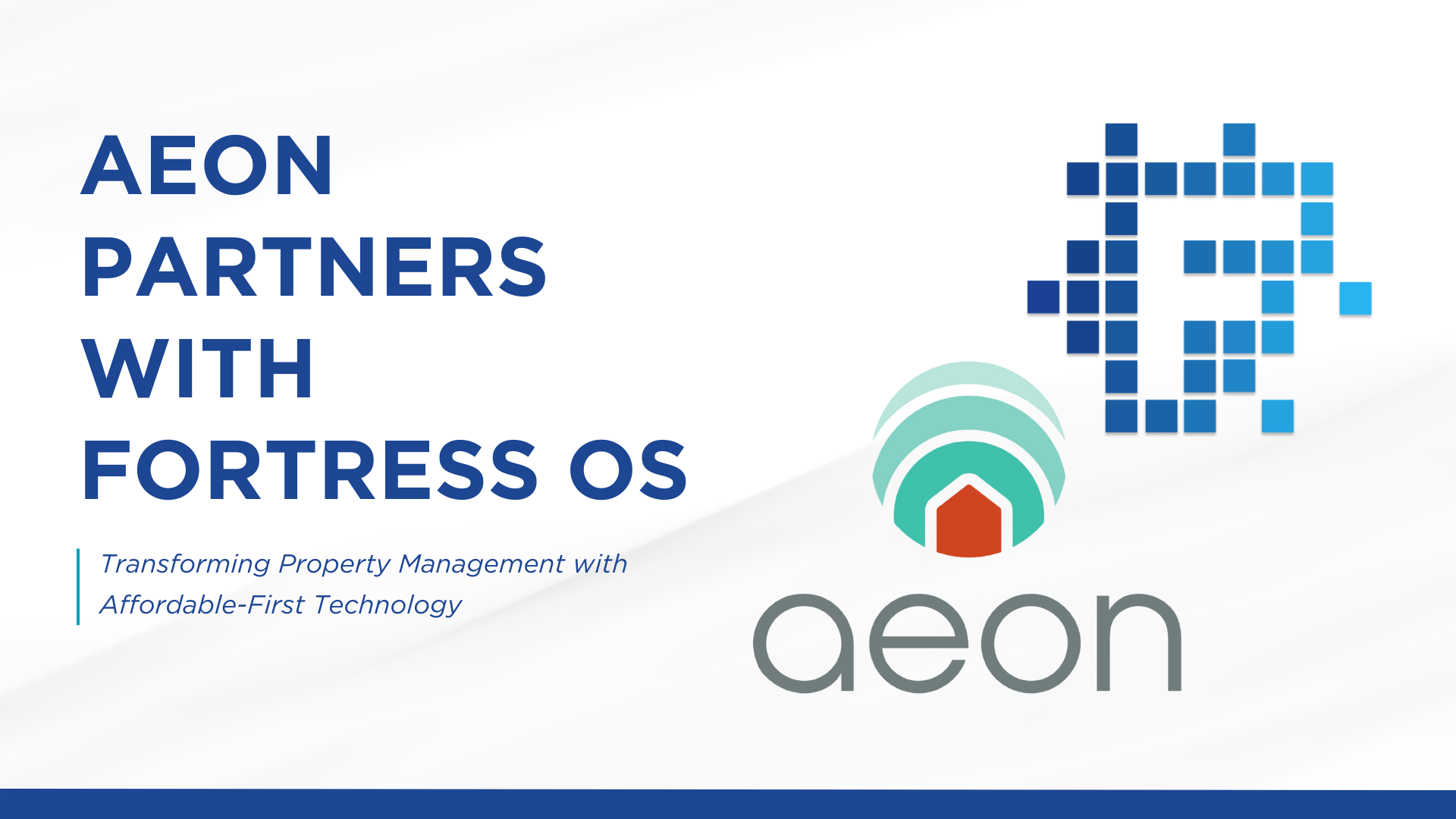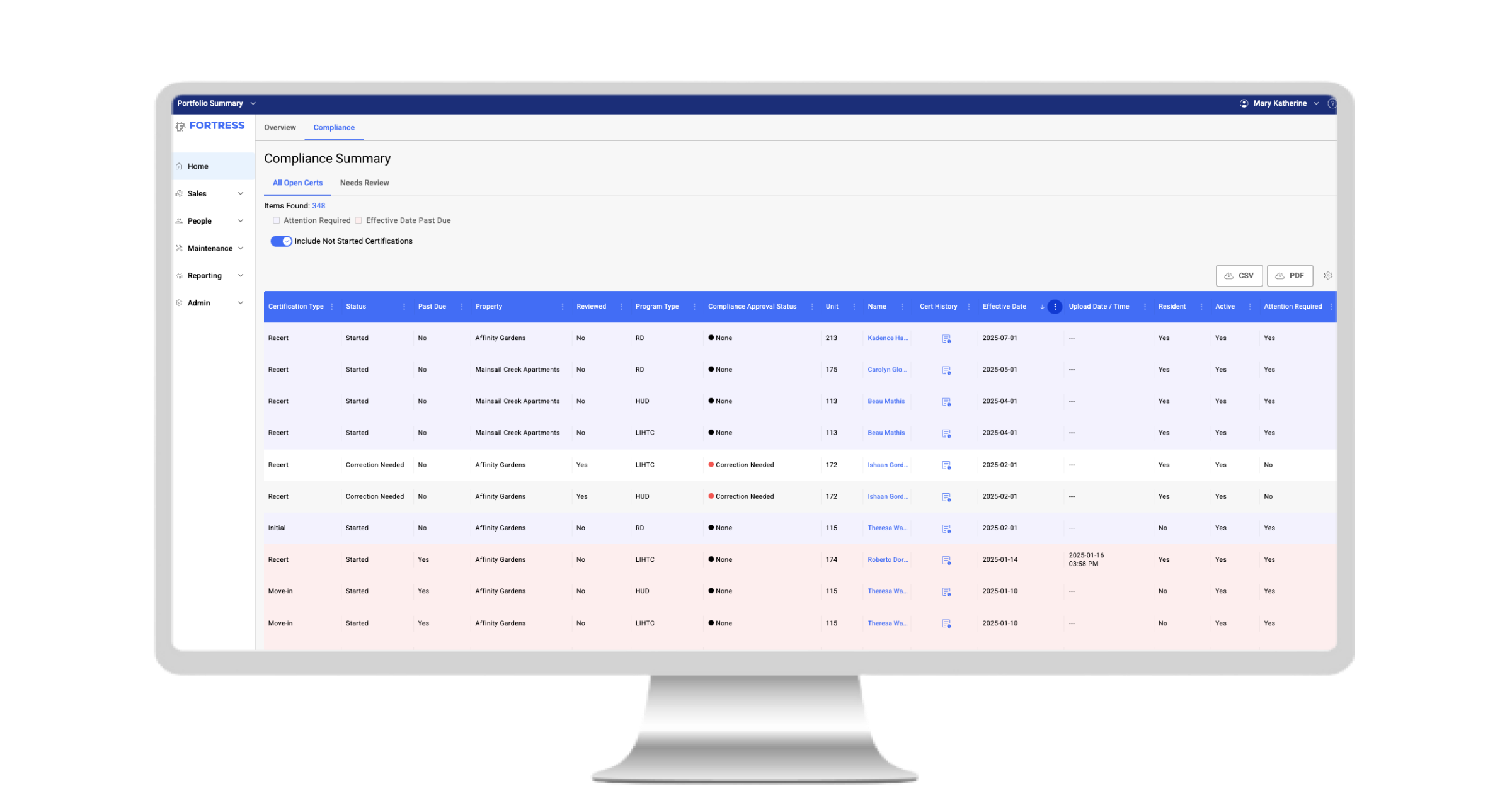Technology is rapidly marching forward, and it’s anticipated that 69% of manager work will be automated by 2024. Where inefficiencies, repeatable tasks and workflows exist, automation may be a solution.
Before diving into this topic, implementing any change in a company can cause unease and frustration. It’s essential for teams to understand the benefits of automation and how it will improve the quality of their job before asking for systemic changes to processes and procedures. For example, putting together a task force with representatives from various departments within the company can be helpful when considering a large-scale technology change. Making the process collaborative increases buy-in.
Using the real estate industry as an example, I’ll share how different types of automation can improve ROI and transform the way properties are managed and operated.
Prompted/Triggered Automation
This type of automation creates an action when a specified event takes place and is the easiest type of automation to implement. In any industry, prompted automation can be as simple as automated reminders for appointments.
For a real estate-specific example, it can be an automated text message that is sent after the maintenance technician marks a job as closed. The resident can review the work and flag if more attention is needed, providing a nice client touchpoint and a way to prompt feedback.
Business Process/Workflow Automation
Using this type of automation, businesses can streamline more complex tasks. For example, weekly reports can be automated, saving time and allowing the employee to do more meaningful work. Other examples can include automated bank reconciliation and electronic vendor payments. The options are really limitless if the business can define the workflow.
Think bots. Software robots can do any number of tasks consistently, such as navigating systems and software, identifying and pulling data, and extracting information from screens—all in a fast and cost-efficient way. Bots can be fantastic if you can’t get your software to automate processes internally or when processes need to be customized.
Artificial Intelligence
The most complex form of automation is artificial intelligence (AI), where complex processes are carried out by machines. Communication is a complex task that can be run by AI. Think resident questions, leasing inquiries, work orders, emails or texts. AI could respond to all of those, cutting down the time and resources it takes to have team members monitor these communications and respond accordingly.
For work orders, AI could provide troubleshooting in the response and also escalate work orders by phrases or keywords. For example, “flood” or “fire” could be immediately escalated with additional tasks triggered from the escalation. These are some of the most common forms of automation being seen and discussed in the marketplace today.
Real estate owners are already paying for technology, but they could be getting much more value out of it. Investing to discover what types of automation are available and allocating resources to build them can help position owners for long-term success and provide the ability to future-proof their business.
---
Fortress Property Management Software was built by veteran property managers to deliver a remarkably easy to use interface, real-time insights and best-in-class customer support. Learn more about Fortress from the articles below:
- Fortress: Built by Property Managers, for Property Managers
- How Property Managers Save an Hour or More Each Day With Fortress
- Fortress: Real-time Insights, Not Stale Reports
- GlobeSt.com Names Kerri Davis a Women of Influence
- How Can Fortress Help Manage Your Affordable Housing Units?
Or schedule a demo with our team below and see Fortress in action:



.jpg)



